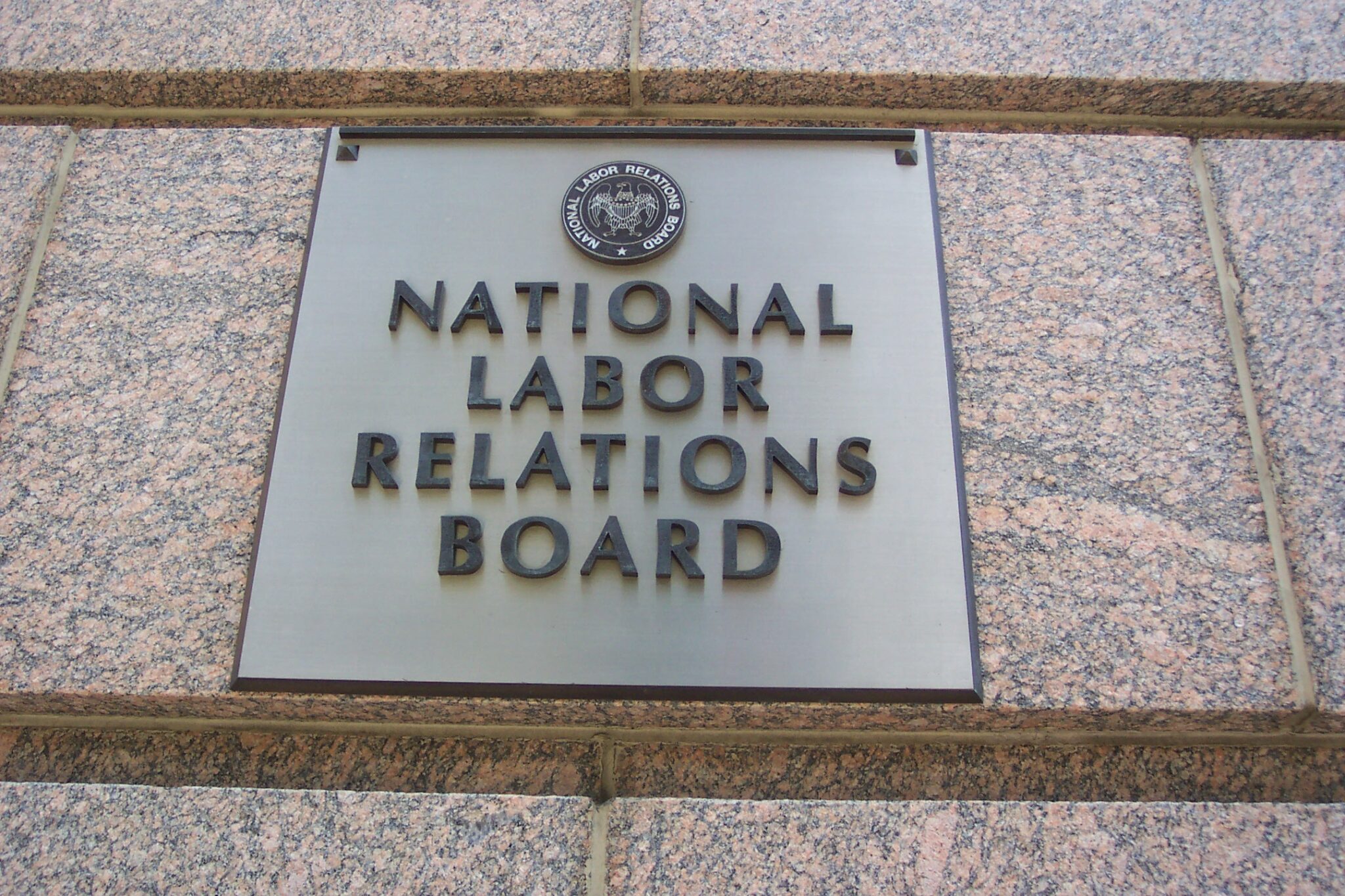
Ted Parker is a student at Harvard Law School and a member of the Labor and Employment Lab.
In today’s news and commentary, lower courts begin to reach consensus on how much harm an employment discrimination plaintiff must show, and new NLRB memos adopt a harsher stance on workers’ right to record at work and union salting campaigns.
Reporting in Law360 takes stock of how lower courts have interpreted Muldrow v. City of St. Louis over the last year. As Dallas wrote last April, when the Supreme Court first issued its decision on what level of harm Title VII discrimination plaintiffs need to show, its holding appeared malleable. Now, a consensus has started to take shape. As one would expect, the lowered bar (“some harm” down from “significant harm”) has helped plaintiffs, allowing courts of appeals to revive many cases previously dismissed at the district level. Moreover, the new standard has generally been understood to apply beyond Title VII to the ADA and ADEA. It has also been extended beyond lateral transfers (the adverse employment action in Muldrow) to things like shift changes and performance improvement plans (PIPs). But the contours of “some harm” are still being mapped. For instance, the Tenth Circuit thought a PIP that required counseling could be enough harm to be “some harm,” while the Seventh Circuit ruled a PIP with no change to pay or working hours was not.
As Liz wrote in May, a 2023 Board decision affirmed that the NLRA protects employees recording their boss in the service of vindicating their Section 7 rights, even to the point of preempting state privacy laws. But recently two NLRB memos signal a change in direction. The first memo declared surreptitiously recording contract negotiations a per se violation of the duty to bargain in good faith. The second, that one supermarket employee secretly recording another was not protected from termination by the NLRA. Neither memo is a direct assault on the Board’s precedent, but both took an anti-recording position where neutral or even pro-recording ones were possible, which does not bode well for the right to record your boss.
In another memo released on Thursday, the Acting General Counsel of the NLRB directed Board prosecutors to carefully scrutinize the applications of union salts before pursuing discrimination charges against employers. The law in this area has not changed. To make out a failure-to-hire case for a salt, a prosecutor must show that (1) the employer was hiring, (2) the applicant was qualified, (3) they applied, (4) the application reflected a genuine interest in the job, and (5) the employer denied the application because of anti-union sentiments. The memo requires prosecutors to thoroughly investigate the applicant first (the “initial investigation”) and only then move on to the employer (the “full investigation”). This one-sided scrutiny means that, no matter how egregious the discrimination of the employer, the NLRB will never know about it unless the charging party is a model applicant.






Daily News & Commentary
Start your day with our roundup of the latest labor developments. See all
March 3
In today’s news and commentary, Texas dismantles their contracting program for minorities, NextEra settles an ERISA lawsuit, and Chipotle beats an age discrimination suit. Texas Acting Comptroller Kelly Hancock is being sued in state court for allegedly unlawfully dismantling the Historically Underutilized Business (HUB) program, a 1990s initiative signed by former Governor George W. Bush […]
March 2
Block lays off over 4,000 workers; H-1B fee data is revealed.
March 1
The NLRB officially rescinds the Biden-era standard for determining joint-employer status; the DOL proposes a rule that would rescind the Biden-era standard for determining independent contractor status; and Walmart pays $100 million for deceiving delivery drivers regarding wages and tips.
February 27
The Ninth Circuit allows Trump to dismantle certain government unions based on national security concerns; and the DOL set to focus enforcement on firms with “outsized market power.”
February 26
Workplace AI regulations proposed in Michigan; en banc D.C. Circuit hears oral argument in CFPB case; white police officers sue Philadelphia over DEI policy.
February 25
OSHA workplace inspections significantly drop in 2025; the Court denies a petition for certiorari to review a Minnesota law banning mandatory anti-union meetings at work; and the Court declines two petitions to determine whether Air Force service members should receive backpay as a result of religious challenges to the now-revoked COVID-19 vaccine mandate.